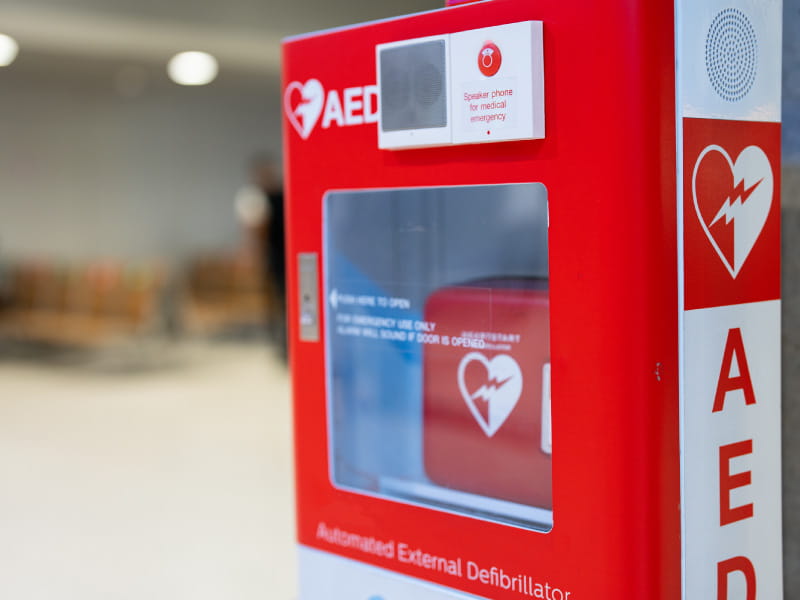Former Baltimore Ravens and Terps Wide Receiver Torrey Smith will join physicians and parents to testify before state lawmakers on Feb. 28 regarding legislation that would ensure Maryland public schools are ready to handle cardiac emergencies.
The legislation requires every public school in Maryland to create a cardiac emergency response plan (CERP).
“A school having a plan for what to do when someone has a cardiac emergency can make the difference between a student coming home from the hospital versus not surviving. Damar Hamlin’s terrifying on-field cardiac arrest and ultimate recovery underscores the importance of having a plan and being ready,” said Laura Hale, the American Heart Association’s Director of Government Affairs for Maryland.
Sen. Ben Brooks (Baltimore County) and Del. Jessica Feldmark (Howard County) are sponsoring Senate Bill 1024 and House Bill 1219, respectively.
The following Marylanders will testify on behalf of the legislation Wednesday:
- Patrice Bullock, a mother whose son, Bailey, died from a sudden cardiac arrest following track practice at his school in Bel Air in 2021. Tragically, Bailey did not receive immediate CPR or a prompt assessment from an AED.
- Carron Laake, a mother from Howard County whose son, Peter, survived an on-field cardiac arrest at a 2021 high school lacrosse game, similar to that of Damar Hamlin of the Buffalo Bills. Peter’s school had an emergency response plan in place and an AED on the sideline, which saved his life.
- Torrey Smith, a Super Bowl champion and Baltimore Ravens and Maryland Terps legend, will testify to the importance of cardiac emergency preparedness in schools, drawing from his experience as both a professional athlete and a member of the Maryland community.
- Lili Barouch, director of the Sports Cardiology Program at Johns Hopkins Medicine.
Founded in March 2023 in response to the life-saving emergency response and care provided to Buffalo Bills safety Damar Hamlin, the Smart Heart Sports Coalition seeks to drive the adoption in all 50 states of three evidence-based policies proven to prevent fatalities from Sudden Cardiac Arrest among high school students and in school communities.
- Clearly-marked AEDs at or within minutes of each high school athletic venue where games, practices, or other events are held;
- An athletic Emergency Action Plan (EAP) that is specific to each athletic venue, and posted, widely-distributed, regularly rehearsed, and updated annually, if needed; and
- Education in CPR, including AED use, for coaches and other key personnel.
The coalition is comprised of nearly 40 organizations, including the American Heart Association, major sports leagues and organizations, as well as leading patient and health advocacy groups across the country.
